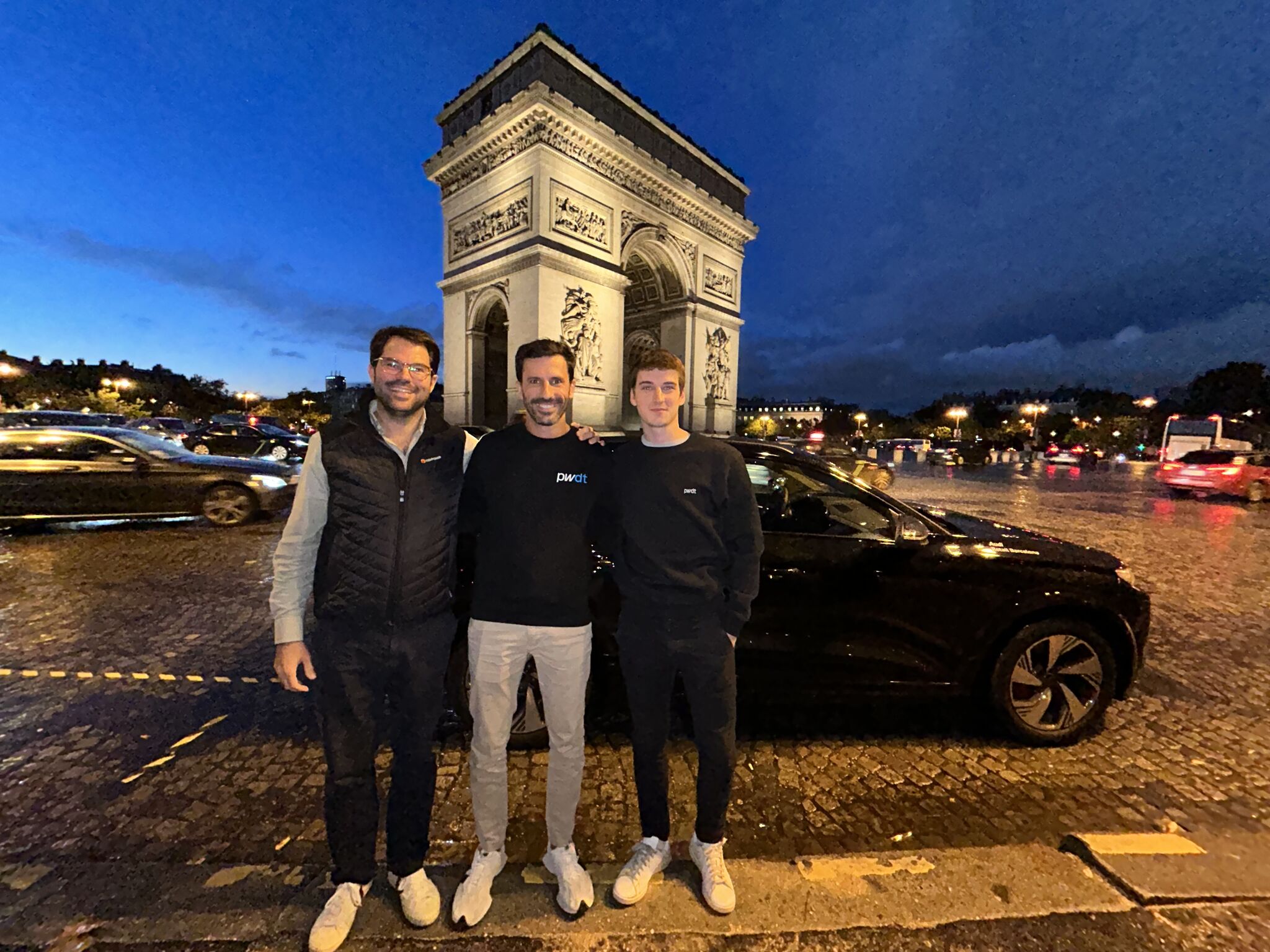Powerdot, a European charging point operator, and Kempower, a manufacturer of rapid charging solutions, decided to test their destination charging infrastructure by travelling 1,000 kilometres from Barcelona to Paris in an Audi Q6 E-tron.
The main figures in this journey were Ferran Menescal, Iberia Sales Manager at Kempower, Carlos Álvarez, Operations Director of Powerdot Spain, and César Ciaurriz, Operations Coordinator at Powerdot Spain.
The journey, completed in just 12 hours, included three stops at Powerdot charging stations in key locations along the electric route, such as the Ibis Hotel in Perpignan, the Intermarché Massiac supermarket, and the Léon de Bruxelles restaurant in Bourges, France.
These stations are equipped with Kempower’s advanced rapid-charging technology, providing up to 200 kilowatts in just 30 minutes.
In total, the team spent only 120 minutes charging the EV, using this time to have breakfast, grab a light meal, and stretch their legs.
During the trip, various payment methods were tested, including an e-mobility app, the QR code available on all chargers, and an RFID card.
Although only three stops were made and no physical POS terminal was used on this occasion, it’s worth noting that this option is available at an increasing number of Powerdot stations, offering users another convenient alternative.
The “electric travellers” also made use of the chargers’ dynamic power distribution system, which optimises charging time by efficiently allocating energy among all connected vehicles.
“We planned the route well, and it was easy to find fast-charging availability along the entire route, highlighting the growth of EV infrastructure in Europe,” says Ferran Menescal.
“Powerdot is the leading operator in France with over 5,000 active charging points. In Spain, we face challenges that delay the commissioning of our points, such as bureaucracy, administrative processes, and the coordination between administrations and energy companies,” explaines Carlos Álvarez.
“Yet, with 37,000 operational charging points in Spain today, we have more than enough for the current EV fleet, and operators like Powerdot remain focused on bringing more ultra-fast charging infrastructure to users,” he adds.
César Ciaurriz emphasises, “The charging stops coincided exactly with natural breaks, so the total travel time was not affected.”
He continues, “Not only are EV journeys possible today, but in my opinion, the driving experience has nothing to envy to that of a combustion vehicle.”
With a goal of reaching 15,000 operational charging points by 2025, the company is moving towards a future where charging an electric vehicle is as easy and routine as charging a smartphone.
Powerdot remains focused on destination electric charging, with rapid expansion in supermarkets, shopping centres, and restaurants to simplify and enhance the user experience.







